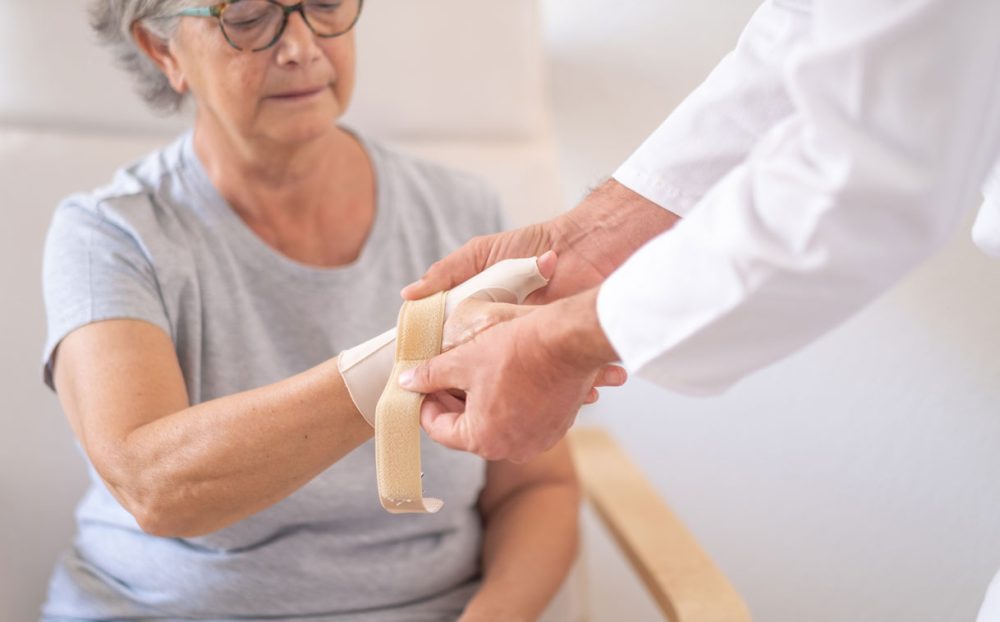Advertisment
Rheumacensus experts unite and call for essential psoriatic arthritis and axial spondyloarthritis care improvements – UCB

As part of its longstanding commitment to patients in rheumatology, UCB, a global biopharmaceutical company, is sponsoring an expert-led, multi-stakeholder programme called Rheumacensus. The programme aims to identify key challenges in the current care pathways of psoriatic arthritis (PsA) and axial spondyloarthritis (axSpA) across Europe, and reach consensus on potential improvements.
Driven by 22 European experts, Rheumacensus combines healthcare professional (eight), patient (seven), and payor (seven) perspectives to ensure that every aspect of managing PsA and axSpA is considered. Through a series of Delphi surveys, care gaps and unmet needs were defined, and consensus was sought on how the priority challenges should be addressed. Consensus council meetings have been held to generate ‘calls to action’ which, if implemented consistently across Europe, could improve the standard of care for people living with PsA and axSpA.
Of the programme, Paul Atherfold, European Advocacy and Medical Education Lead for Rheumatology and Dermatology at UCB said, “Despite the progress made in recent years, severe unmet needs persist for those impacted by psoriatic arthritis and axial spondyloarthritis. Rheumacensus allows us to build our expertise with patients at the forefront of our thinking and cement our partnerships within the scientific community who are working hard to address these unmet needs. Our ultimate goal is to elevate care for these patients, allowing them to live the lives they wish, as free as possible from challenges and uncertainty related to their condition.”
Xenofon Baraliakos, Professor of Internal Medicine and Rheumatology at Ruhr-University Bochum, President of ASAS, Treasurer of EULAR, and member of the Consensus Council for Rheumacensus, commented, “The unique appeal of this innovative programme is that it brings together perspectives from a variety of stakeholders from across Europe: patients, patient organisation representatives, payors, dermatologists, rheumatologists, nurses, and physiotherapists. This approach allows us to take a 360-degree view of the challenges in front of us, learn from each other and propose practical solutions that will make a real difference for people living with axSpA and PsA.





